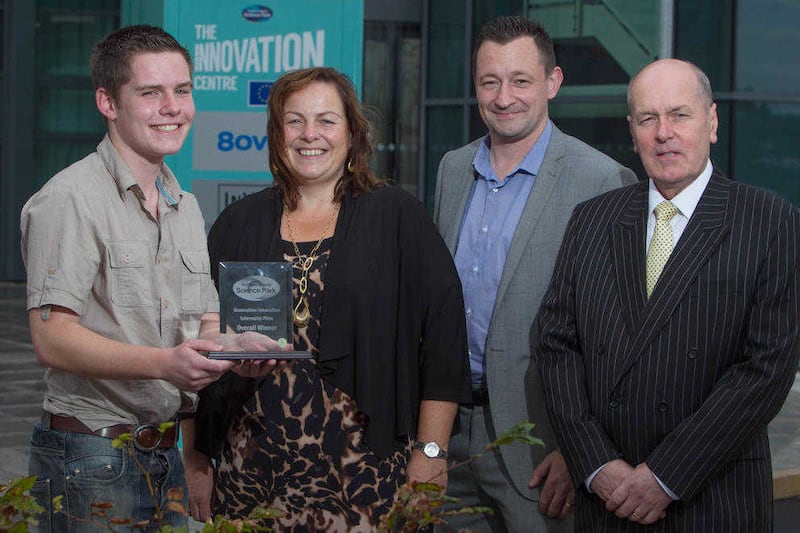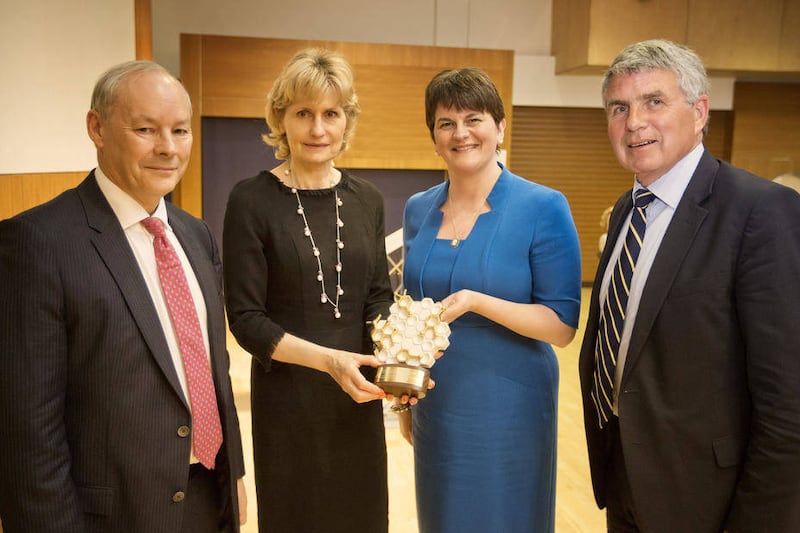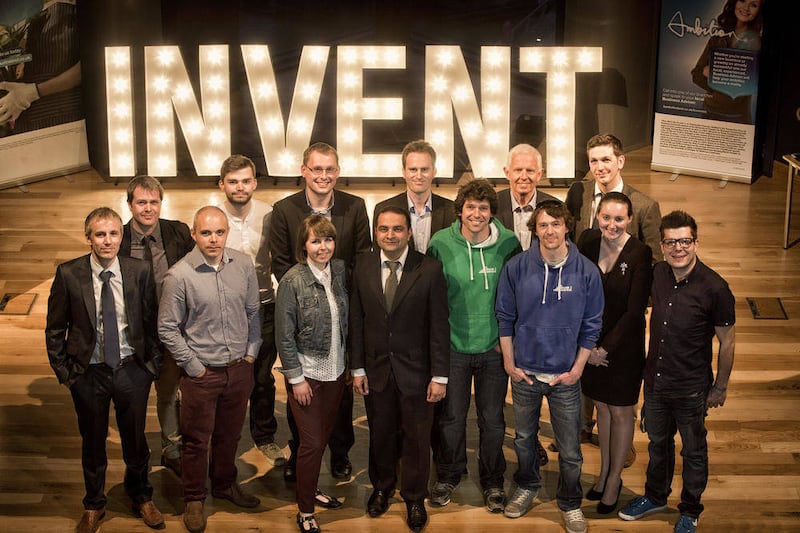THE rate of growth of Northern Ireland's knowledge economy is slowing down, the latest report on the sector has found.
However, more than one new startup was created in the sector every day last year, confirming its place as the second fastest growing the UK - and it could provide almost 40,000 new jobs over the next 15 years.
The latest report was produced by Ulster University's Economic Policy Centre for Northern Ireland Science Park (NISP) Connect.
It found salaries in the sector were 50 per cent higher than average with the authors saying it provided "statistical evidence to support the view that focusing on a knowledge based economy is critical to the future rebalancing of the wider economy".
The report said 410 new knowledge economy businesses were set up in the past year with 85 per cent of sales were outside the north.
It said the sector, driven largely by digital firms, was valued at £3.4 billion and employed 76,000 directly and indirectly.
Subsectors include pharmaceuticals, IT services, telecommunications, aerospace and high-tech financial services.
Knowledge economy companies in the north include Newry PLC First Derivatives and early growth firms such as Brewbot and Plotbox.
NISP Connect director Steve Orr said the report proved "the knowledge economy is the most important investment that Northern Ireland can make long term by creating the most high-value sustainable jobs and great opportunities for our people".
“Our public and private sectors have gone a long way to achieve this with government policy on R&D investment and venture capital paying real dividends while the private sector is investing more and more valuable volunteer time and resources to help our young entrepreneurs,” he said.
However, Mr Orr said the growth in the economy could slow down with some indicators, such as the number of PhDs awarded showing a significant drop.
“A knowledge economy that is set up to grow, needs really smart people working at the forefront of discovery, solving mankind’s biggest problems supported by lots of technical people who can help to develop or support products and services, people who can sell the products and people who can run the business," he said.
Ian Sheppard from Bank of Ireland which sponsored the report added: "As Northern Ireland looks towards building a sustainable economy led by a robust private sector, we have to remember that the knowledge economy spearheaded by our most innovative indigenous companies in technology; life science; advanced manufacturing; creative industries and software development will be a key driver of the future of employment and wealth creation in Northern Ireland.
“Northern Ireland may have been starting from a very low base but a strong focus on innovation and growth has produced more than four thousand new knowledge economy jobs across the whole of Northern Ireland since 2009. This kind of monitoring over a long time period is essential to guiding political and corporate policies but we must acknowledge the evidence and act on it for long term gain.”








